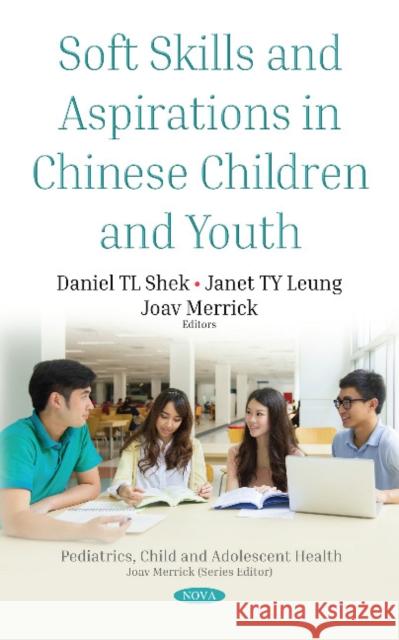Soft Skills and Aspirations in Chinese Children and Youth » książka
Soft Skills and Aspirations in Chinese Children and Youth
ISBN-13: 9781536140927 / Angielski / Twarda / 2018 / 254 str.
Young people are expected to learn academic or technical knowledge in a manufacturing economy, which can be referred to as hard skills (for example, to produce a car through assembly lines). In many countries today, countries have been shifting from a manufacturing economy to a service economy, which has resulted in young people expecting to gain skills that are non-technical and widely transferable to different settings. This skills are referred to as soft skills, which are basically related to the qualities of an individual. In this book, the authors include several chapters on soft skills development in adolescents with particular reference to Chinese culture. This book includes conclusions based on the data collected from the third year of the community-based P.A.T.H.S. Project in Hong Kong. It also discusses dreams, aspirations, hopes and related constructs in Chinese adolescents. Additionally, the authors also present chapters on the relationships between pornography consumption and positive youth development qualities; and the last few chapters document attempts to promote soft skills in university students. With the emergence and consolidation of a service or knowledge-based economy, the desired qualities in adolescents have changed. Obviously, soft skills development plays an important role in the employability of young people. It is also vital to the complete development of young people as individuals in the present and future.











